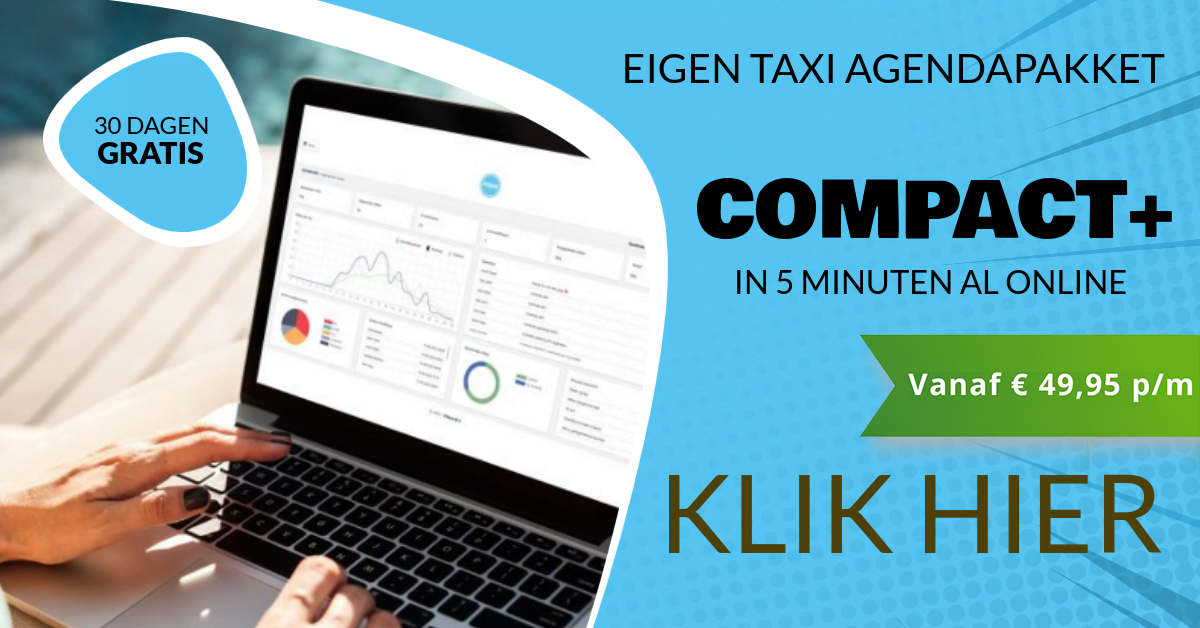Surprisingly, only one in four taxi drivers start the journey when you want to pay with a credit or debit card.
The fact that you can't pin everywhere can be called special in a modern country like Germany. Before you get into a taxi, check whether the driver accepts a debit card payment. And surprisingly, only one in four taxi drivers starts the journey when you indicate that you want to pay with a credit or debit card, because almost everyone asks for cash. Germans are still much more likely to pay with 'bar money' than people in other European countries.
The German prefers to pay in anonymity. Many Germans do not want to cost the taxi driver if they pay with a debit card. A small amount per transaction is often charged for debit card payments. Whenever the discussion in Europe about a possible abolition of cash flares up, the reactions from Germany are very fierce. The deep-seated fear of invasion of their privacy is often cited as a reason for Germany's penchant for cash.
the pinna
Withdrawing money from an ATM of, for example, the Sparkasse is free, but always pay close attention to the machine itself. Many ATMs at petrol stations and in shops sometimes charge amounts between € 2 and € 8 extra for a cash withdrawal. ATM operators are allowed to charge per transaction, either a fixed amount or a percentage. This should be indicated on the ATM or on the screen, but only a few ATMs list the exact cost before the PIN is entered.

The Oberhausen taxi rate consists of a basic rate, various kilometer prices and a time-dependent part for standing and waiting times. The basic rate is € 5,50, the price per kilometer is € 2,60. Standing and waiting time will be charged at € 33,00 per hour.
The price difference between the taxi and public transport is large. For example, we made the comparison of taking a taxi from the station in Oberhausen to the large covered shopping center Centro, on the outskirts of Oberhausen close to the highway. We paid € 21,00 by taxi. The same trip back from the former industrial area of the Thyssen steel factory by bus was € 3,00.
mask ban
Germany's end of masking on public transport last month also ends exemptions from the mask ban for taxi drivers and is currently drawing massive criticism. Lifting the face mask obligation should not mean a transition to a face mask ban.
“If taxi drivers want to wear a face mask to protect themselves and their passengers, they must be able to continue to do so voluntarily. It needs clarification. It's absurd: we drive people who are at high risk for dialysis and radiation. And then the driver is not allowed to wear a face mask? You can't explain that to anyone."
Michael Oppermann - Director of the Federal Association of Taxis and Rental Cars.
The interpretation of the face mask ban was already controversial during the corona pandemic. However, since the taxi drivers had an obligation to wear face masks in public transport, the face mask could not be regarded as a violation of the face mask ban. Now the obligation does not apply and the face mask ban from paragraph 23 paragraph 4 of the Road Traffic Regulations in Germany applies again.
De professional federation states that the identity of taxi drivers can be easily established, even if they voluntarily wear a mask, because drivers and cars are registered. After the abolition of the obligation to wear a mask, it must remain possible to wear it voluntarily and there must be legal clarity.
Center Oberhausen
Centro Oberhausen receives more than 23 million visitors every year. Shopping in Centro Oberhausen is not only popular with Germans, the Dutch also like to shop in Germany's largest shopping center. The Centro shopping center has several parts: Hauptstraße, Marktplatz, Marktweg, Parkallee, Coca-Cola-Oase, Galerie and the Bunte Gasse. All well-known fashion chains are housed in the shopping center, such as H&M, Peek & Cloppenburg, Diesel and C&A and Colloseum.




